Building on the narrative from Umrah Series Part 2, let's now explore the historic and spiritually significant site of :
Quba Mosque
Location
Situated in the southern outskirts of Madinah, approximately 3.5 km from Masjid Nabawi, the Quba Mosque is easily accessible and a significant stop for pilgrims. The Prophet Muhammad s.a.w said :
"He who purifies himself at his home and comes to Masjid Quba and offers two rak'ahs therein, will be rewarded the reward of an Umrah." (Ibn Majah)
This highlights the immense spiritual benefit of visiting and praying at Quba Mosque. Performing prayer at Masjid Quba, the first mosque in Islamic history, is a deeply enriching experience. Prophet Muhammad s.a.w himself laid the foundation stone, positioning the mosque to face Baitulmaqdis in Palestine.
As soon as I stepped off the bus, the desert greeted me with its fine, powdery sand, stirred by a gentle breeze. I was grateful for my face mask, shielding me from the sand. We had arrived before the usual crowd, giving the mosque a serene and peaceful aura. The lack of noise, the spaciousness of the courtyard, and the sun’s early rays gave me time to reflect and completed our prayer.
Our guide, the mutawwif, share one particular story that struck me was about the Well of the Ring (Bi’r al-Khatam), a lesser-known aspect of the mosque’s history. Listening to these tales stirred something within me—a realization that I knew only the surface of Islamic history.
Standing on this sacred ground, where Rasulullah s.a.w himself prayed, I felt the need for a deeper connection to Seerah, the life of the Prophet. It became clear that understanding the spiritual and historical significance of such places required more than just a physical visit—it called for a profound study of the events that shaped our faith.
Jabal Uhud
From the historic Quba Mosque, our journey continued to another significant site. This historical mountain bears witness to the Battle of Uhud, one of the most significant battles in Islamic history. Jabal Uhud is not just a mountain; it is a revered site where many companions of the Prophet Muhammad s.a.w, who were martyred in the Battle of Uhud, are buried. The Prophet used to visit their graves and pray for them, emphasizing the importance of honoring those who sacrificed their lives for the faith.
The Prophet Muhammad s.a.w highlighted the immense reward of performing Solat Jenazah (funeral prayer), stating that the reward is as great as the mountain of Uhud itself. This underscores the abundance of blessings and mercy that Allah bestows upon those who participate in the funeral prayers.
The Battle of Uhud was a pivotal moment, where archer’s hill served as a protective shield for the Prophet Muhammad s.a.w and his companions, who faced severe hardships, including the Prophet's injuries. This battle symbolizes resilience and unwavering faith, with Jabal Uhud standing as a testament to the sacrifices made in the early days of Islam.
Reflecting on these moments, I am struck by the immense sacrifices made by early Muslims to spread Islam. This realization prompts me to ponder whether, had I lived in those times, I would have embraced and fought for the faith with such conviction and dedication, or if I might have struggled to do so. The bravery and steadfastness of these early Muslims, who faced immense challenges, serve as a powerful reminder of the strength of faith and the spirit of perseverance.
Jabal Habshi
During the visit, our mutawwif shared an information related to Jabal Habshi. We were able to catch a glimpse of Jabal Habshi from Jabal Uhud. Jabal Habshi holds significant eschatological importance in Islamic belief. It is mentioned as a place where the forces of the Dajjal will gather, marking signs of the approaching Day of Judgment. It is believed that there should be no construction on Jabal Habshi as it is a site with profound future significance. The presence of any buildings on it is seen as an indicator that the Judgment Day is near. Which during my visit in October 2023 there was already a building on it.
Exploring the Date Farm
Leaving the historical and spiritual sites, our next stop was a date farm, where we had the opportunity to learn from an experienced mutawwif who shared fascinating insights about the different types of dates and their numerous benefits. Dates are not only a delicious treat but also hold significant medicinal properties.
The Ustaz explained that certain types of dates are believed to have protective properties against sihir (black magic). He also shared his own experiences, recounting how he has seen individuals from past umrah trip who had been afflicted by sihir vomit blood after consuming these dates and subsequently cured. I was mindblown by this, it is said that consuming seven Ajwa dates in the morning can protect one from poison and witchcraft for the rest of the day. A different type of dates can alleviate bodily aches and pains. The antioxidants present in dates help combat inflammation and support the body's natural healing processes.
The Profound Wisdom Behind Maryam’s Consumption of Dates During Pregnancy
As she endured the pains of labor beneath a date palm, Allah swt instructed her to eat from the tree's fruit. The Quran recounts this moment in Surah Maryam:
"And shake towards you the trunk of the palm tree; it will drop upon you ripe, fresh dates." (Surah Maryam : 25)
This divine instruction holds profound wisdom, as modern science has since uncovered the benefits of dates during pregnancy and childbirth. The story of Maryam reflects divine wisdom that aligns with modern nutritional and medical research, underscoring the miraculous nature of the Quranic guidance in caring for women during childbirth.
Returning from our excursion, we resumed our spiritual practices.
In Tanah Haram, everything revolves around the five daily prayers. All these visits take place either before the Zohor prayer or after the Isha prayer. Life for many Arabs starts after the Isha prayer, with people buying groceries and even holding weddings late into the night to avoid interfering with prayer times.
In the mosque, seated next to us was an elderly woman using a device to read the Quran, carefully pointing to each verse. I was deeply impressed by her dedication to reading the Quran despite her age and possibly diminished eyesight. Her unwavering commitment and effort to stay connected with the Quran, even with physical limitations, filled me with admiration. This touching moment made me reflect on my own devotion and inspired me to appreciate and enhance my relationship with the Quran. It also made me realize that I want to memorize the key surah in Al-Quran before I grow old and/or potentially lose my senses. To me, memorizing and internalizing the Quran represents true wealth and fulfillment, a treasure that I wish to carry with me throughout my life.
This Umrah visit helped me gain a deep appreciation for the sacrifices of those who came before us, who strove tirelessly to spread Islam. I am truly grateful that my family and I have been blessed with the gift of Islam.
Reflecting on how the Quran was revealed in phases over 23 years, and how the early companions committed it to memory without the convenience of a compiled book, makes me profoundly aware of the immense blessing we have today. They faced immense hardships, often memorizing verses in secret, under threat of persecution. For instance, the revered companion, Abdullah ibn Masud, risked his life to publicly recite the Quran in Mecca despite knowing he would be beaten for it.
Today, with every verse at our fingertips through printed copies and digital access, we are afforded a luxury unimaginable to those early Muslims. Yet, this convenience often leads to complacency. Why do we not ponder and study it in depth? The words that once required such sacrifice to preserve are now easily accessible, begging for our attention and devotion.
The purpose of the Quran is to bring about change in one's life according to its guidance. Merely reciting or studying without applying its teachings is insufficient. As the scholar Yasir Qadhi said,
"The Quran is not just a book to be recited; it is a book to be reflected upon and implemented in our lives."
Believers are encouraged to internalize the teachings, aiming for a comprehensive change in their worldview, priorities, and daily habits.
This realization compels me to ask myself and others : If the early Muslims could memorize and live by the Quran under such dire circumstances, how can we, with all our resources, not strive to do the same? Are we truly appreciating and utilizing this divine gift, or are we taking it for granted?
Surah Ar-Rahman : “So which of the favors of your Lord would you deny?”
While many individuals have committed the Quran to memory, this practice alone does not necessarily ensure a deep comprehension of its meanings. It's crucial to remember that we cannot insert our own bias and opinions into the Quran. The key lies in the actual meanings preached by Prophet Muhammad s.a.w.
This reflects a broader issue : while the Quran is revered and memorized by many, the nuanced understanding required to apply its teachings to contemporary issues can be lacking. Furthermore, current social issues such as economic disparity, the ethical use of technology, and financial regulation often require a sophisticated understanding of the Quranic teaching. As noted by Islamic finance expert Dr. Tariqullah Khan,
"The real challenge is not just in memorizing the Quran but in applying its principles thoughtfully and contextually to modern dilemmas"



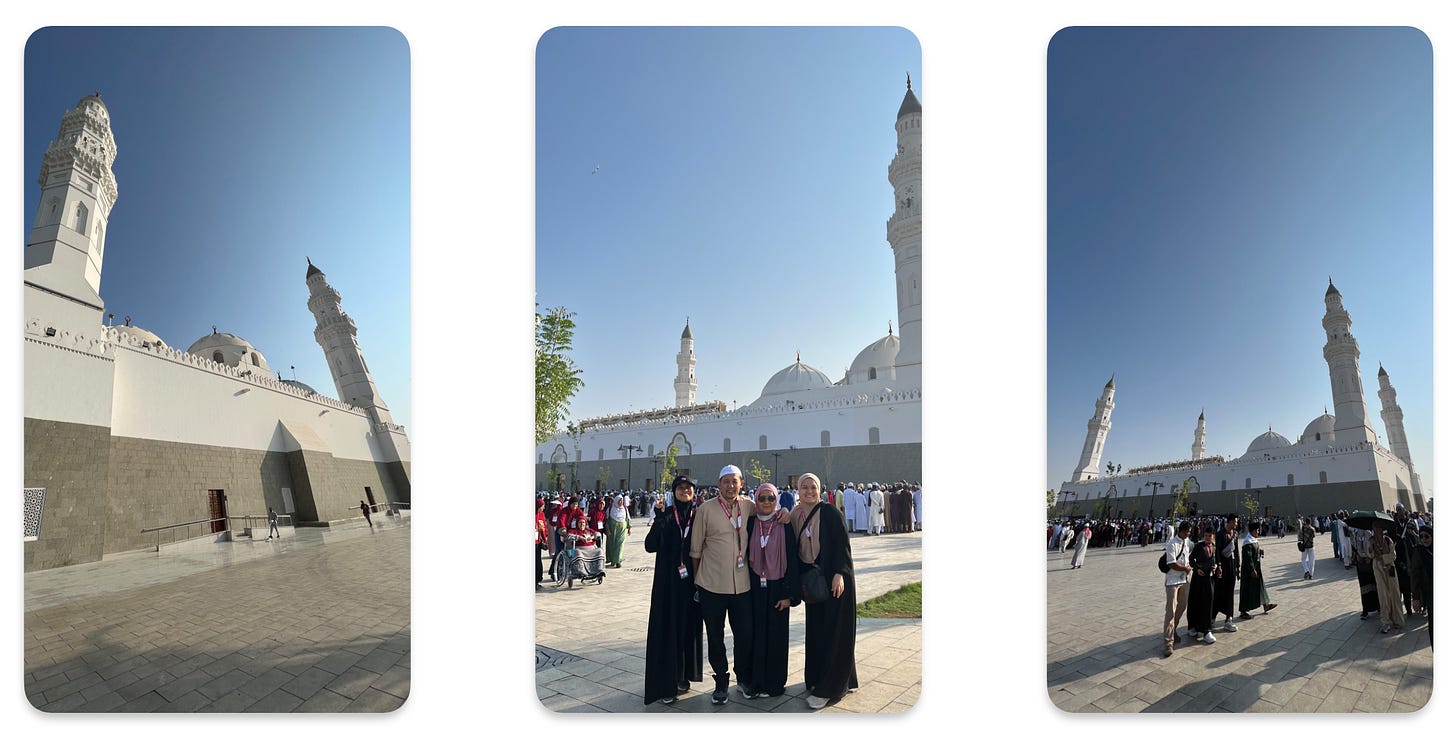

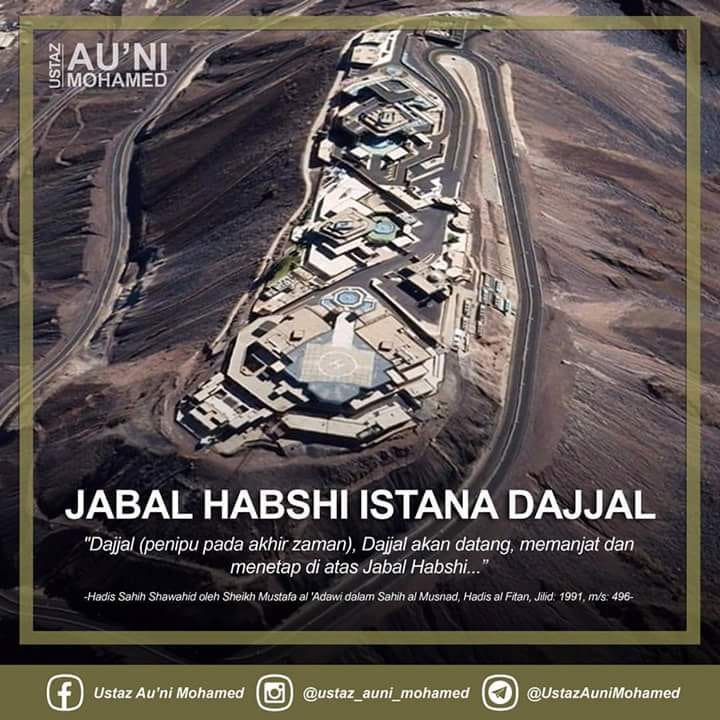
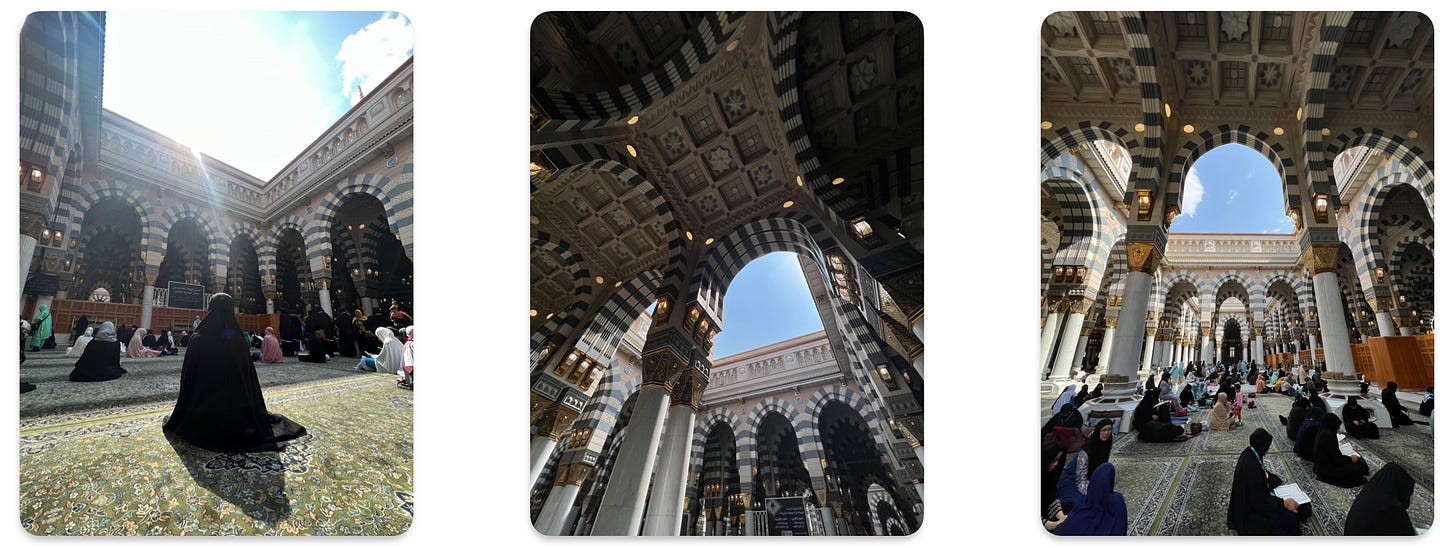
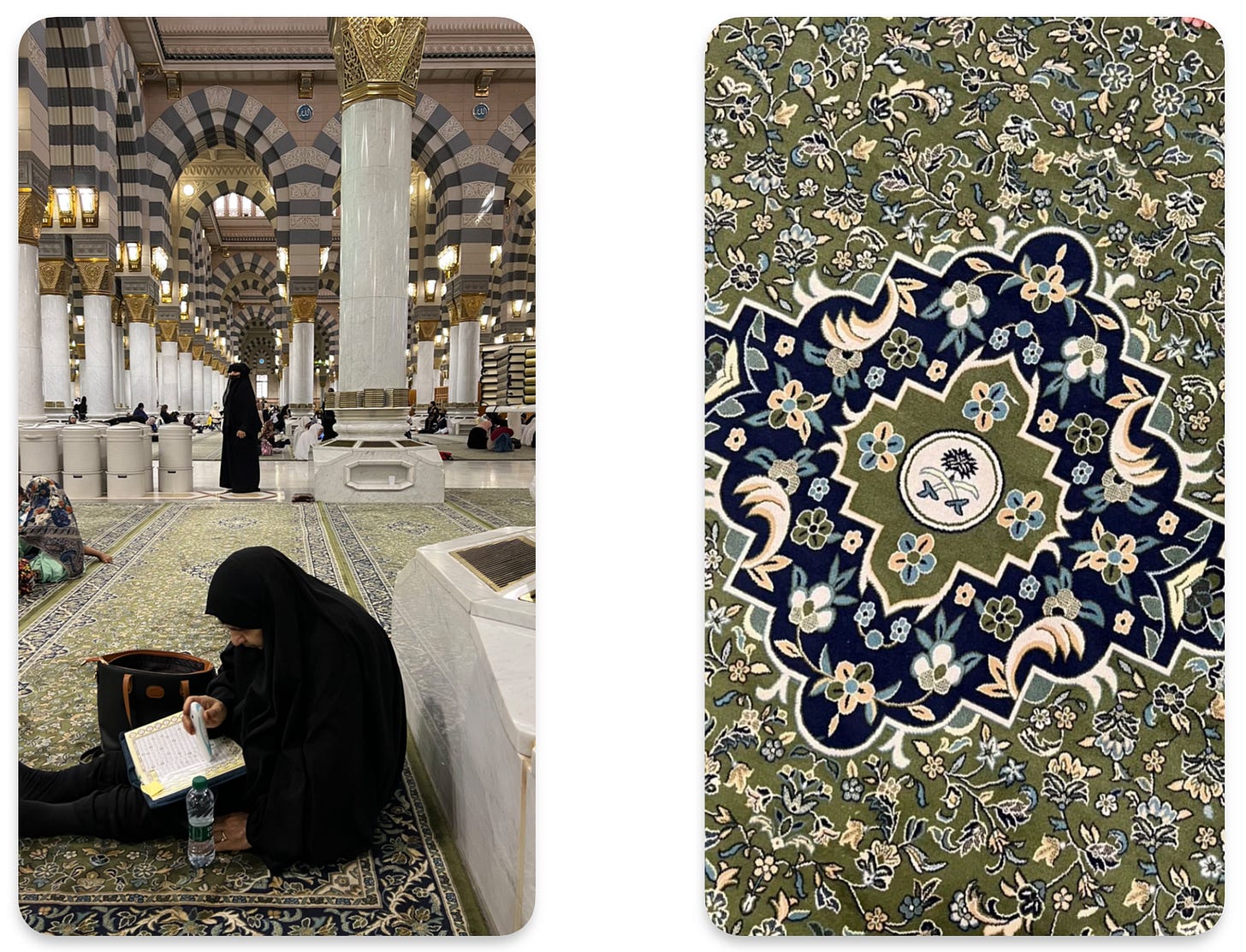
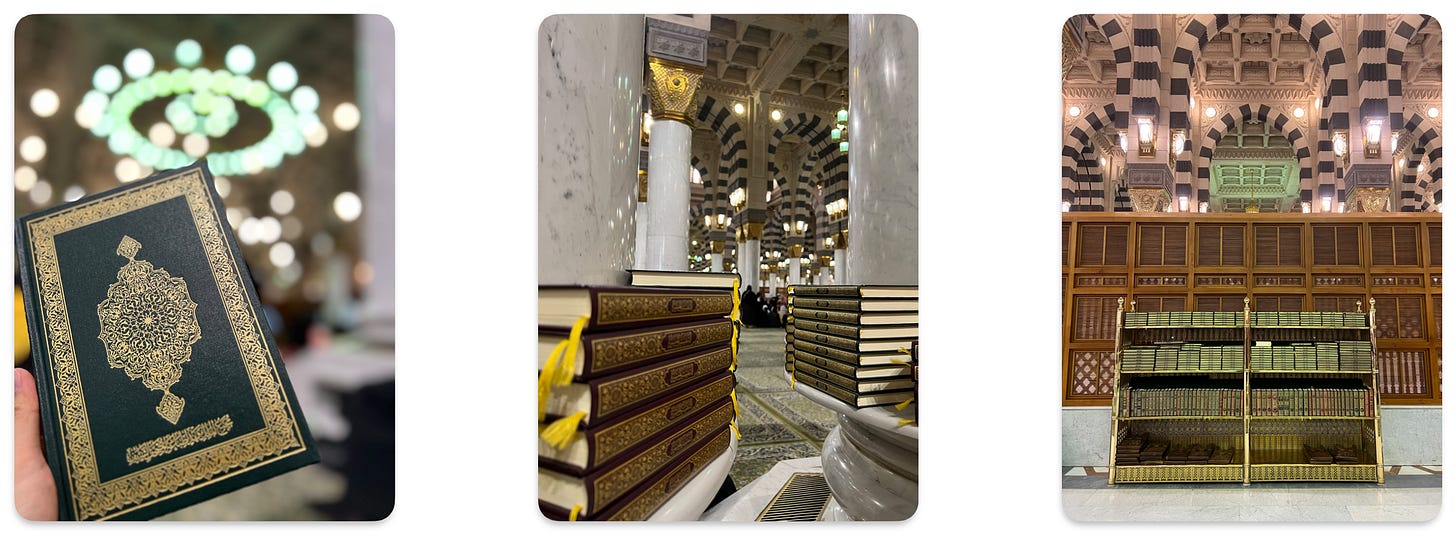
Sometimes we forgotten how blessed we are till we stumbled upon situations. Unfortunately, we are made forgetful and careless. Having perseverance and steadfast is soooo important yet difficult. Reading this is a good reminder. Thank you. Can’t wait for the next part!!